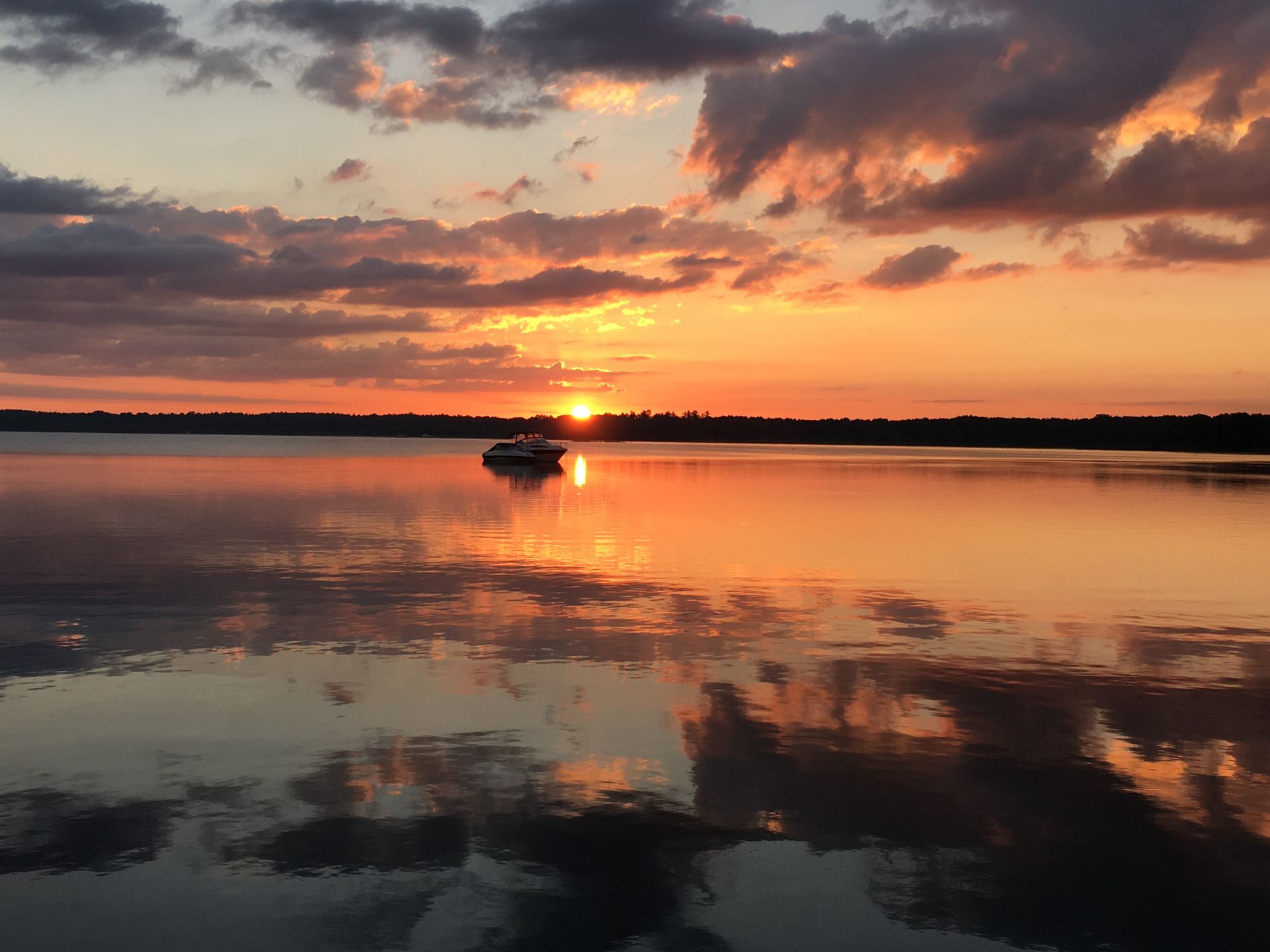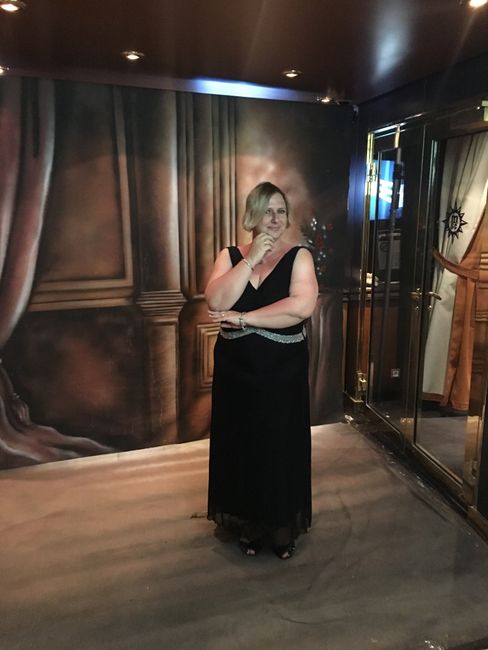MSC Magnifica-Le Havre-Etretat
Pibliye: 03.08.2018
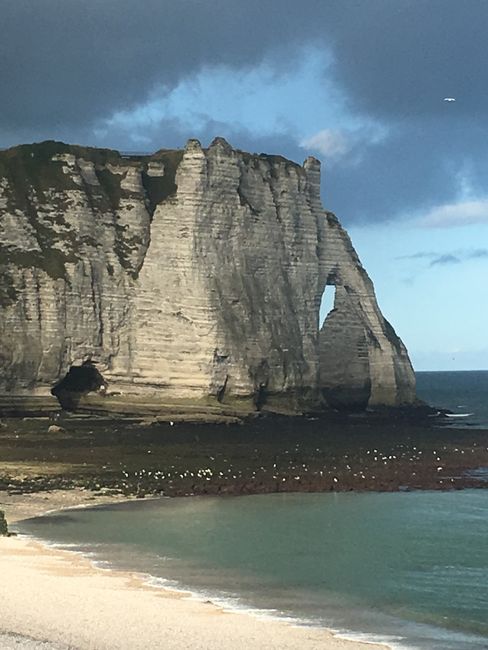
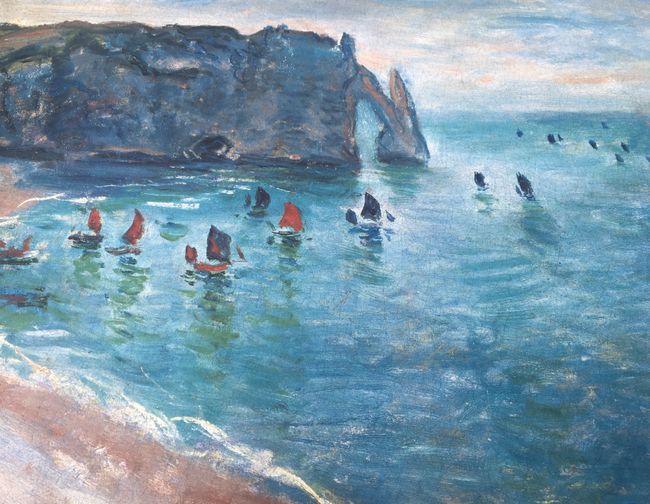
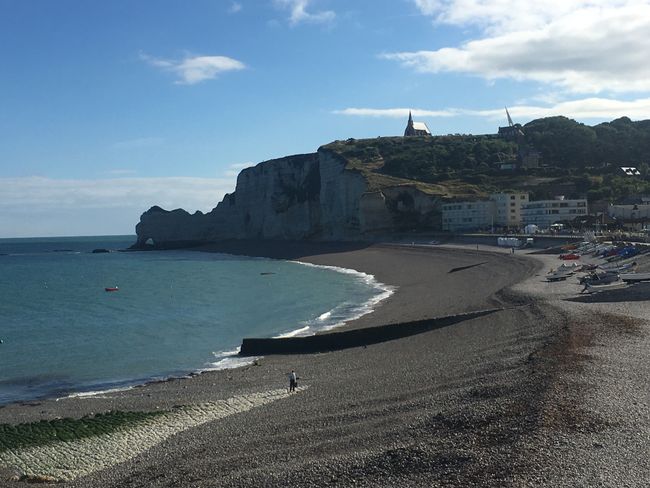
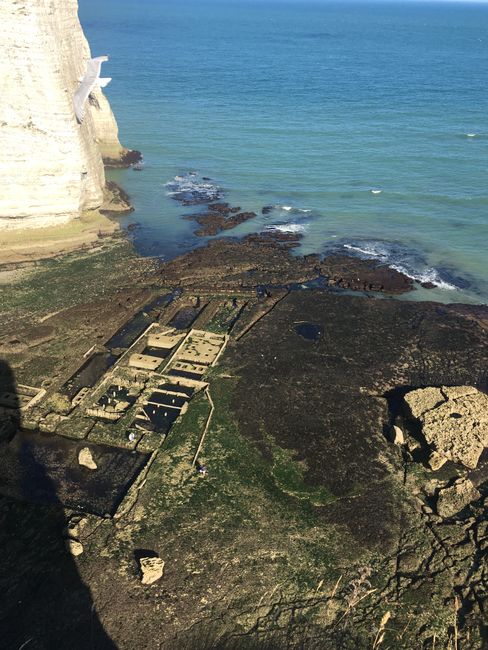
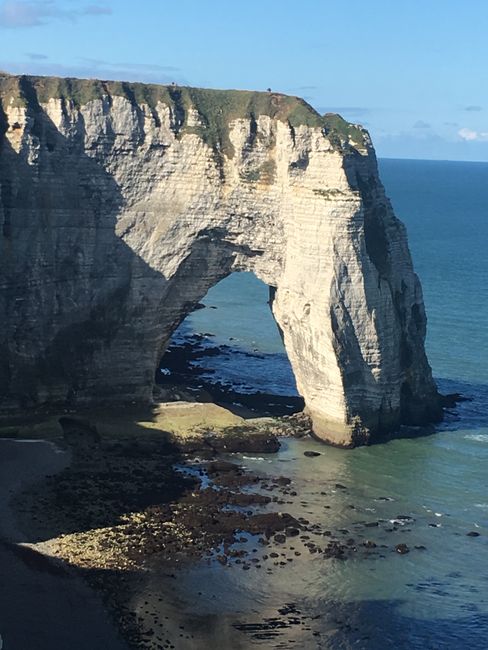
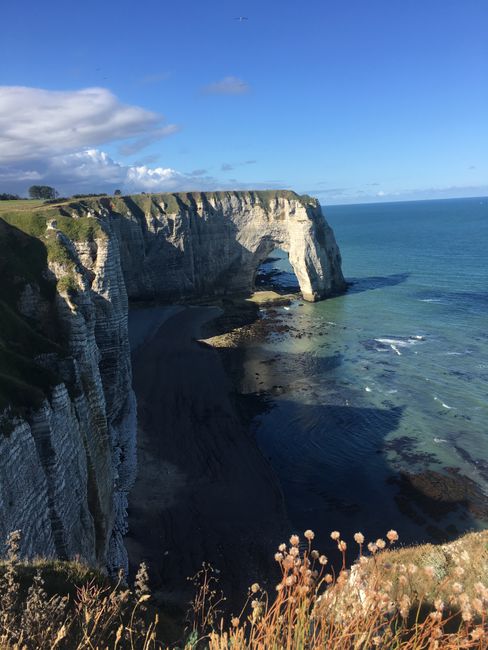
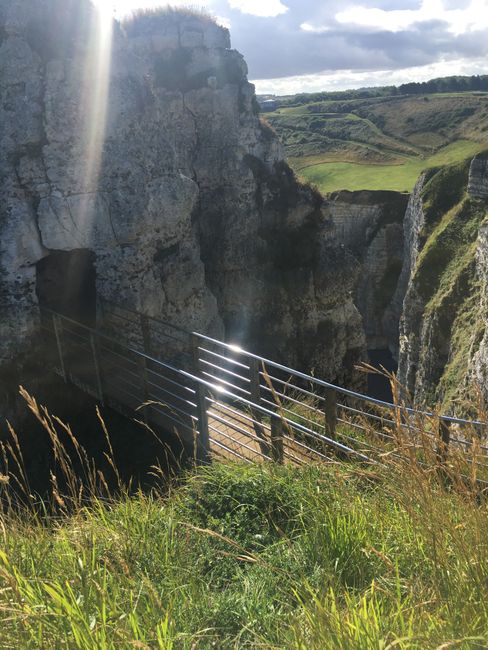
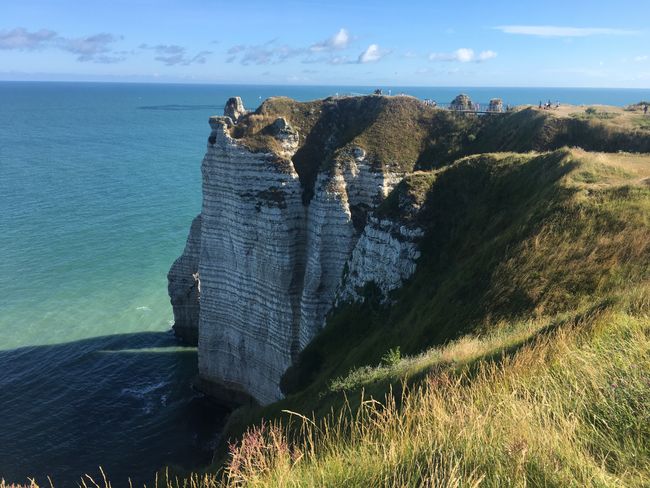
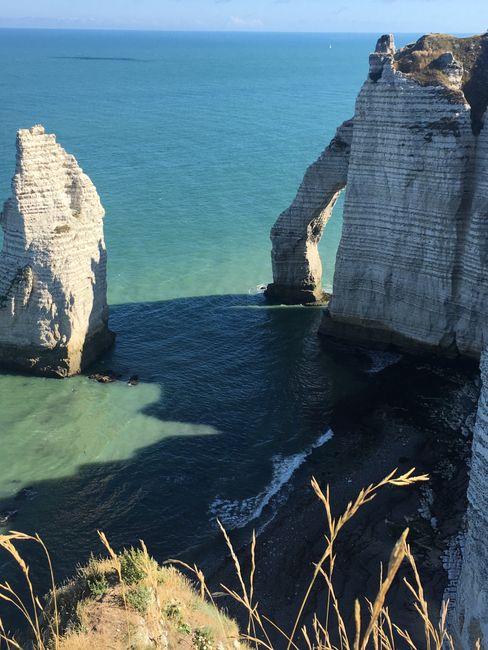
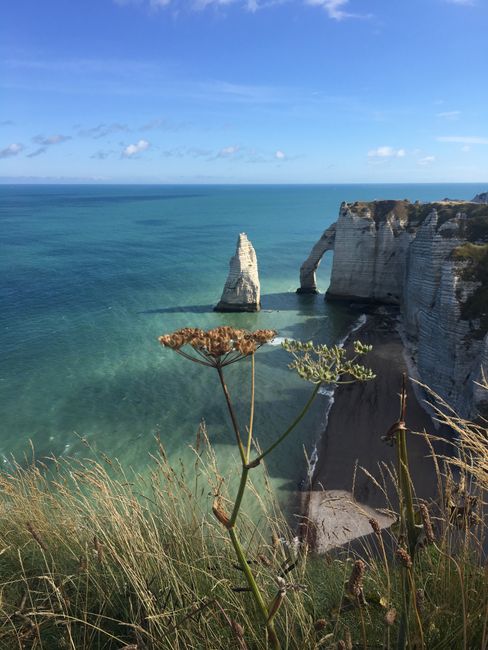
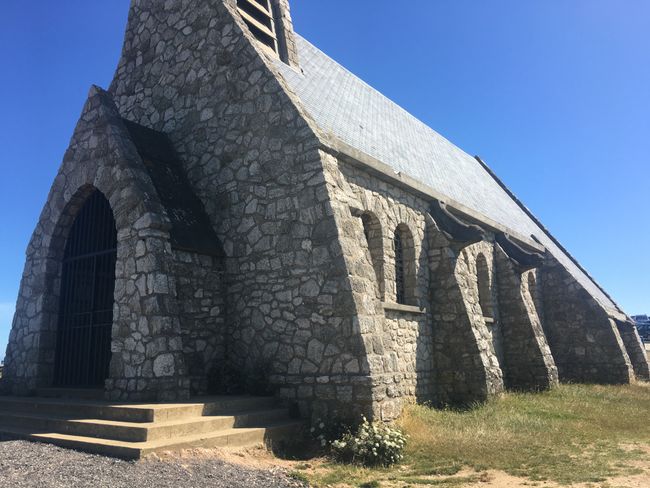
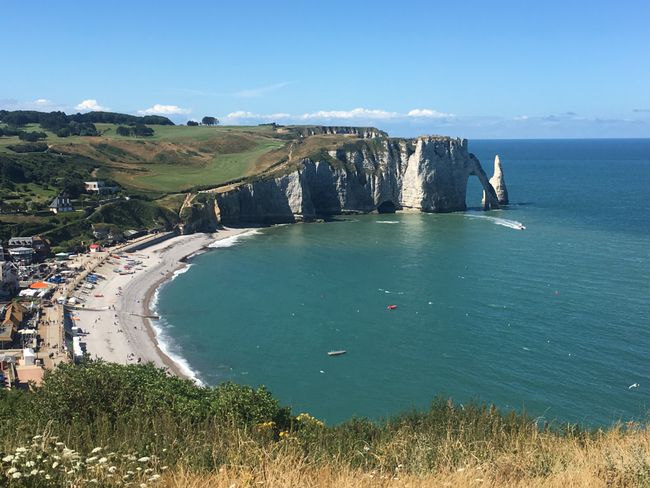
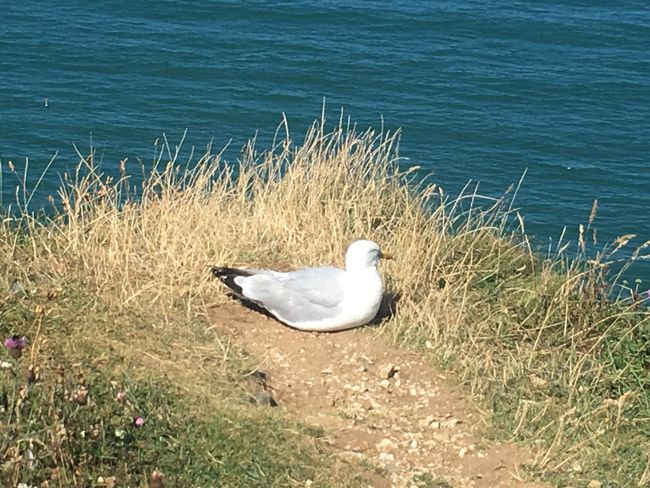
Abònman nan bilten
Tuesday, July 31, 2018 Le Havre
There are ports that are fantastic. There are ports that are great, and some that are okay. And then there are ports like Le Havre. Here, as a cruise ship passenger, you find yourself in the middle of a container port. Far away from the city center, with not a single sign or pedestrian path to be found. Le Havre. Beautiful or ugly? That depends on the eye of the beholder. The city of Le Havre plays a significant role in Normandy. With nearly 190,000 inhabitants, it is the largest city in Normandy, and the port is the second largest seaport in France. You can feel that when you, like us, walk from the center to the ship. During the Second World War, the city was more than 80% destroyed and had to be completely rebuilt. That's why they turned adversity into an advantage: they hired a famous architect and urban planner, Auguste Perret. He was already considered a master of concrete construction at that time. Perret, as a city planner, along with a team of sixty architects, was responsible for the reconstruction of the city. They created a new city center for 60,000 people on an area of 250 hectares. Geometry was taken into account; everything is rectangular and uniform. With large buildings, long wide boulevards, and generous green spaces in between, they achieved a good balance between built and unbuilt space. The apartments were designed to be flooded with light and were progressive for that time with built-in kitchens. In 2005, UNESCO honored the work of Auguste Perret as an example of exceptional post-war architecture and included the Le Havre urban ensemble in the list of UNESCO World Heritage Sites. Immediately after docking, we made our way to the bus station. Since we had no idea where it might be located, we decided to take a taxi for 10.00 euros. The taxi covered the distance in just 10 minutes. From the modern bus station, we took the public bus 24 at 8:00 a.m. to Etretat for 2.00 euros per person. Since the Aida Perla was also docked in the port, I assumed that there would be a lot more hustle and bustle at the bus stop, but this was not the case. Apart from us, only 2 other couples took the opportunity to get to the coast by public bus. It takes the bus between 45 minutes and one hour to travel the 30 km from Le Havre. During the first 20 minutes, we drove through Le Havre, past the wide beach of Le Havre with its colorful beach houses. They somehow reminded me of German garages.
Etretat owes its status as a popular destination to the novel "The Shortest Way" by Alphonse Karr. He described the place with its rock arches, which led to the start of tourism in the mid-19th century. Houses made of brick were quickly built here, which can still be seen today. Mass tourism started here shortly after the First World War. The famous painter Monet was one of the fans of this place and captured the rock arches in over 80 of his paintings. The mass tourism came to an end during the Second World War when the Germans began to convert parts of the place into a defensive installation. Today, you can still see remnants of the defensive installation. In general, the town constantly reminds you of the time of the Second World War with pictures and descriptions. We even saw the concrete bunkers in the water at low tide. One can only imagine the effort the Germans put into this. We made our way through the calm and peaceful main street to the beach promenade, despite the light drizzle.
The promenade is not very long because the beach is surrounded by cliffs up to 75 meters high and the two rock arches. There are many cafes along the promenade. We took shelter from the increasing rain in one of them. Luckily, while we were enjoying our coffee, the wind blew the clouds away, and the sun came out. So we were able to hike up to the rock arches. The rocks are made of white chalk and flint. An underground river and maritime erosion have created the natural rock formations. We first headed left. At the southern end, you can find the two rock arches Porte d'Aval and Aiguille. The residents of Etretat claim that the Porte d'Aval arch looks like an elephant putting its trunk into the water. With a lot of imagination, it can look like that. The path to the rocks is well built and fortified. There are many observation platforms. There are also small bridges that connect some of the rocks and provide access to a rock tower. According to legend, the rock tower and the so-called "Room of the Maidens" were used to hide three young women who were kidnapped by a gentleman in order to subjugate them. When they did not comply, he walled them alive in the rock arch. The fishermen heard their cries growing fainter. On the day of their death, a woman saw three white doves rising into the sky from the beach. We did not hear any crying. We enjoyed the tranquility and the view, which changed with every step. After walking around the first rock, we also had a good view of the second larger rock arch, La Manneport. The tranquility was quickly disrupted when the excursion buses invaded the place and flooded the town with their passengers. It became increasingly crowded every minute until it felt like being on a highway. We descended from the southern rock and headed to the right. At the northern end, you can go up to the rock arch Falaise d'Amont. Here you have the choice of climbing countless stairs or taking a small train. The rock, especially around the small serene church of Notre Dame de la Garden, is particularly crowded. We looked around a bit and then decided to take the 1:00 p.m. bus back to Le Havre. A good decision. Even this lunchtime bus was packed with cruise passengers who wanted to return to the ship.
The journey back to the ship took a little longer. Firstly, the bus drove through small villages to pick up locals, and secondly, we had to walk almost 45 minutes from the bus station back to the ship. Right through the container port, not a pleasant walk. After freshening up a bit, we visited the Sahara Restaurant for a little refreshment. Luckily, we even got a table outside where we enjoyed the sun and the view. We had to change for dinner far too quickly. 5:45 p.m. is quite early for dinner. After dinner, we watched the departure. The Aida Perla left the port ahead of us, and our captain engaged in a honking concert with the captain of the Aida Perla. Our departure was delayed a bit because some guests returned late from their excursion. When they finally made it onto the ship amidst loud cheers, we were able to sail away. Since it was still warm on the pool deck, we enjoyed a cocktail with a beautiful sunset. The show "Pura Passion" was playing in the theater at 10:00 p.m. It was a flamenco show that didn't really impress us. During our journey, the MSC Magnifica had many good singers but few good dancers on board. The singer Jelena and the duo Magic Sound in the Topazio Bar, however, were truly world-class.
Abònman nan bilten
Repons
